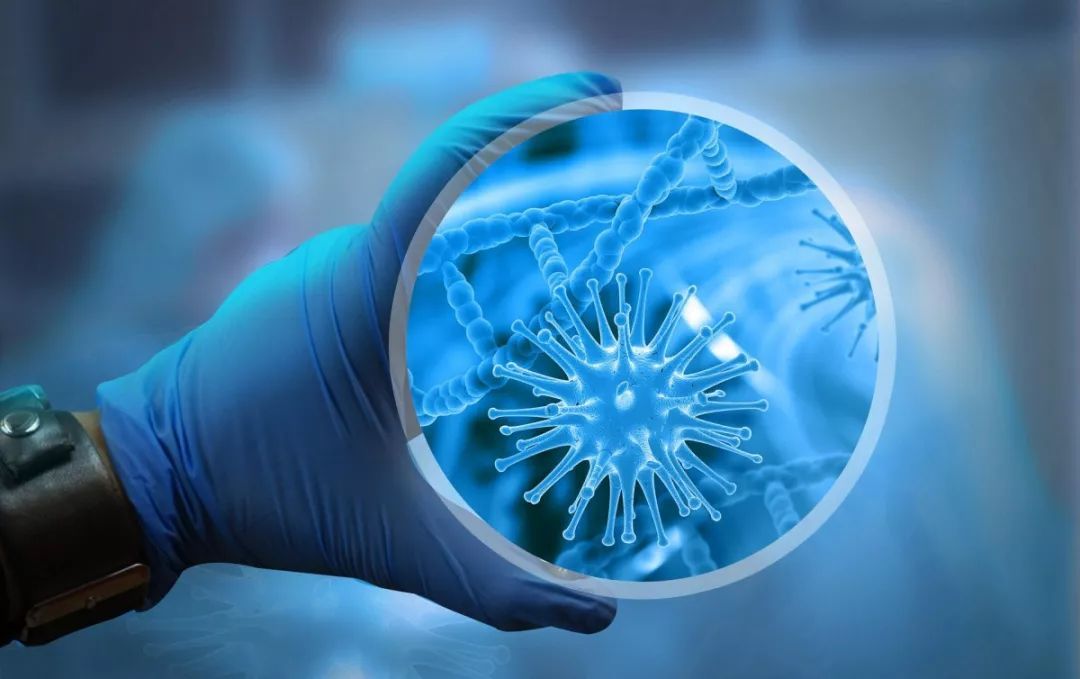您当前的位置: 新闻中心 > 行业新闻
搜索
- Engaging with technical support services during the NMPA registration process can significantly ease the burden of navigating the complex regulatory landscape in China. From initial strategy development and testing to post-market surveillance, professional service providers are crucial for ensuring compliance with Chinese regulations, reducing the likelihood of delays, and accelerating market entry.
- Independent audit agencies play a critical role in coordinating with various Chinese regulatory bodies to ensure that medical devices meet all necessary safety, quality, and efficacy standards for NMPA certification. Their coordination ensures that manufacturers comply with all relevant regulations at the national, regional, and international levels, facilitating a smooth and successful certification process. By acting as intermediaries between the manufacturer and multiple regulatory agencies, these audit agencies help streamline the compliance process and mitigate the risk of delays or non-compliance, making it easier for medical devices to enter the Chinese market.
- Independent audit institutions provide invaluable support to medical device manufacturers seeking NMPA certification in China. By offering expertise in regulatory requirements, quality management systems, clinical trials, GMP compliance, and product testing, these institutions help manufacturers streamline their certification process and ensure compliance with NMPA’s stringent standards. Their support reduces the risk of regulatory delays, increases the likelihood of certification success, and helps manufacturers maintain ongoing compliance with Chinese regulatory requirements for the medical device market.
- The evaluation process by independent audit institutions for NMPA certification is a rigorous and detailed procedure designed to ensure that medical devices meet all necessary regulatory standards for safety, efficacy, and quality. These audits involve reviewing documentation, conducting on-site inspections, and verifying compliance with Chinese-specific regulations, including GMP, QMS standards, and post-market surveillance requirements. The process ensures that only devices that meet the stringent regulatory criteria are approved for sale in the Chinese market.
- The background investigation of TCM device enterprises during the NMPA certification process involves a comprehensive review of the company’s legal status, manufacturing capabilities, quality management systems, and adherence to both medical device and TCM-specific regulatory standards. The process also ensures that the enterprise complies with China’s national guidelines for safety, efficacy, and post-market surveillance. TCM devices, in particular, must also demonstrate compliance with herbal medicine regulations and may require additional clinical data or traditional evidence of efficacy.
- The NMPA certification process for medical devices involves a detailed assessment of the enterprise’s background, including legal status, manufacturing capabilities, quality management systems, regulatory compliance history, and post-market surveillance capabilities. Enterprises seeking NMPA approval must ensure that they meet the necessary quality standards and that they have the personnel and infrastructure in place to ensure ongoing compliance with Chinese regulatory requirements. For foreign manufacturers, appointing a qualified local agent is a key requirement to facilitate the registration and ensure compliance in the Chinese market.
.png)








